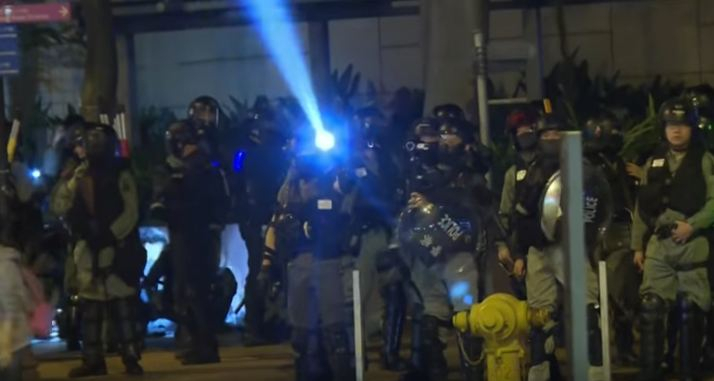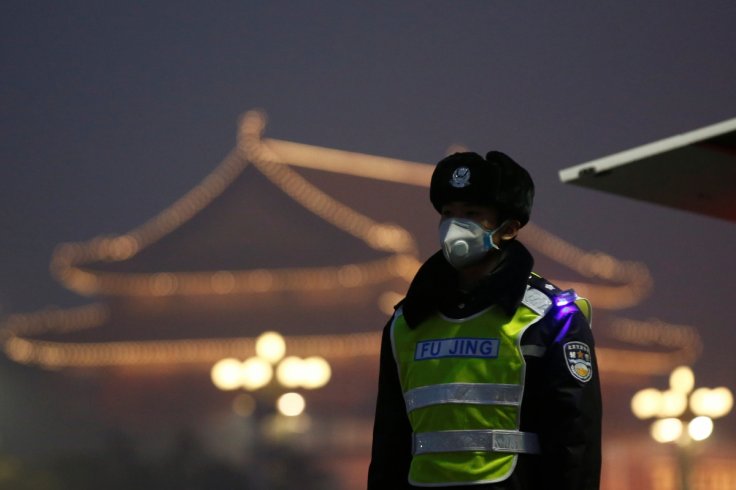
After a night of violence led to morning clashes that culminated in the students setting fire to the entrance of the Hong Kong Polytechnic University, police warned that they would use "live rounds" if other measures failed to contain violence. Student Union president Dereke Liu said riot police stormed the campus and several students were injured, but the police rejected the claims.
Masked student protesters increasingly resorted to the use of bows and arrows on Sunday and a police officer was injured during clashes. The months-old protests took on a new dimension last week after a protester blocking a busy road junction was shot at close range by the police. This was followed by more violence between protesters and pro-China mobs during which a man was set on fire.
With the protesters using arrows and petrol bombs, Hong Kong police said on Monday that they would respond by using minimum force first and live rounds if violence continued. The hardening of stance on both sides of the conflict raises the question if the Chinese government backing the Carrie Lam would exercise restraint and patience for long.

The Tiananmen Square massacre in June 1989, in which thousands of student protesters were killed in one of the bloodiest repressions of a political movement in recent times, happened when the Chinese government decided to crush the pro-democracy student movement once and for all.
In Hong Kong, which is a self-ruled city governed under the One Country two Systems norm, the situation is different. But it is still a moot point of Beijing would allow the crisis to escalate further. None other than the London Times broached the topic in a recent article. The piece deliberates on 'a repeat of Tiananmen Square in 1989' in which Chinese rulers "losing patience with the crowds whose demonstrations against tighter security laws and for universal suffrage have racked the former British colony for almost six months now."
The Hong Kong Polytechnic University is one of the nerve centres of the Hong Kong protests, which started six months ago against a controversial extradition law that sought to hand over the accused to other countries, including to mainland China.
"I hereby warn rioters not to use petrol bombs, arrows, cars or any deadly weapons to attack police officers ...If they continue such dangerous actions, we would have no choice but to use the minimum force necessary, including live rounds, to fire back," a police spokesman said.









